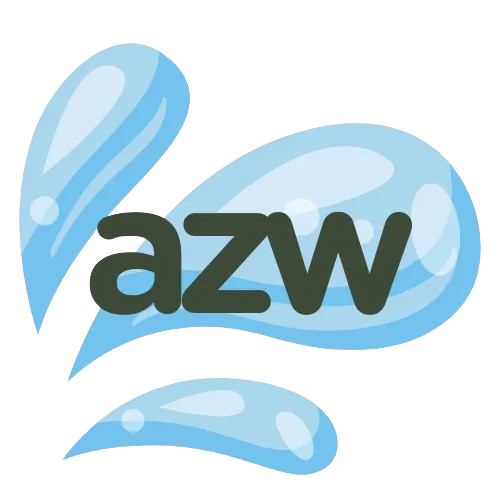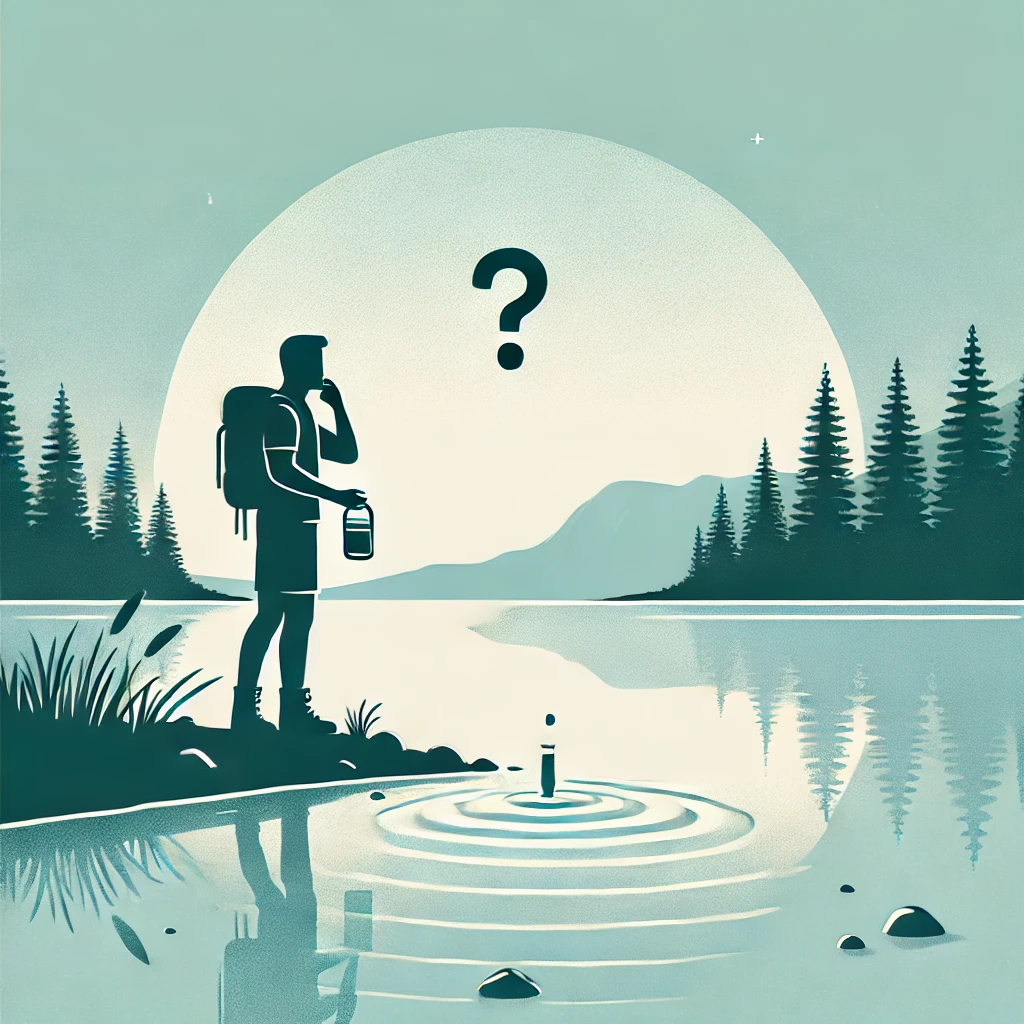When hiking, camping, or enjoying the great outdoors, it’s natural to want to hydrate with fresh, clean water from nearby lakes, streams, or rivers. But are freshwater lakes safe to drink from? While the idea of drinking directly from a pristine lake sounds tempting, it’s crucial to understand the risks involved and the steps you should take to ensure the water is safe. In this article, we’ll explore the truth about natural water sources, the potential hazards, and how to purify water before drinking it.
Understanding the Risks of Drinking Untreated Water
Water from freshwater lakes may seem pure, especially when surrounded by nature’s beauty. However, are freshwater lakes safe to drink from? The answer is not as straightforward as it may seem. Natural bodies of water can contain harmful microorganisms such as bacteria, viruses, and parasites that can cause serious health issues, including:
- Giardia: A common waterborne parasite that causes gastrointestinal issues like diarrhea, cramps, and nausea.
- Cryptosporidium: Another parasite that leads to similar digestive problems and is known for its resistance to traditional water treatment methods.
- Bacteria and Viruses: Freshwater lakes can harbor harmful bacteria like E. coli and viruses such as norovirus, both of which can lead to severe illness.
Even lakes that appear clean and clear may contain these hidden dangers, making it risky to drink untreated water directly from them. It’s important to remember that drinking untreated water can result in long-term illness, which can disrupt your adventure and impact your health.
How to Safely Drink Water from Freshwater Lakes
While untreated freshwater lakes are generally not safe to drink from, there are several ways to purify the water and make it safe for consumption. Here are a few methods to consider when sourcing water from natural bodies:
1. Boiling the Water
Boiling water is one of the most effective ways to kill harmful bacteria, viruses, and parasites. To ensure your water is safe, bring it to a rolling boil for at least one minute (or three minutes if you’re at high altitudes). Boiling destroys pathogens and guarantees clean water. However, it requires a fire or stove and may not always be practical if you’re on the move.
2. Filtration Systems
Using a portable water filter is one of the easiest and most efficient ways to purify water while outdoors. Modern filtration systems can remove bacteria, protozoa, and other contaminants, making the water safe to drink. When choosing a filter, ensure it is designed for removing microorganisms, as some filters only remove dirt and debris.
3. Chlorine Dioxide Tablets
If you’re looking for a lightweight, convenient solution, chlorine dioxide tablets are an excellent option. These tablets are easy to carry and use, and they disinfect the water by killing bacteria, viruses, and parasites. Simply drop the tablet into the water, wait for the recommended time, and the water will be safe to drink.
4. UV Sterilization
Portable UV sterilizers use ultraviolet light to kill bacteria, viruses, and other pathogens in water. The process is quick, and it doesn’t alter the taste of the water. UV sterilization works well in clear water, but it may not be as effective in murky or highly contaminated water, so it’s best used in combination with other purification methods.
5. Water Purification Pumps
A water pump purifier is another effective way to filter water when you’re on the go. These pumps force water through a filter, removing contaminants. They come in various sizes and are ideal for larger quantities of water, but they can be bulky and require extra space in your gear.
When Is Water from Freshwater Lakes Safe to Drink?
While most freshwater lakes are not safe to drink from without purification, there are exceptions. In some cases, lakes may be naturally cleaner due to their location and water source. For example:
- Mountain Lakes: High-altitude lakes with minimal human activity may have lower levels of contamination.
- Crystal-Clear Water: Water that appears clear and free of algae or other visible debris may be less likely to contain harmful pathogens.
However, even in these cases, it’s still important to purify the water before consumption to minimize the risk of illness. Always carry a reliable method of water purification, even if the lake appears to be clean.
Why You Should Invest in Water Purification Solutions
The question of whether are freshwater lakes safe to drink from is one that has a simple answer: Not without purification. As a hiker, camper, or outdoor adventurer, you should always be prepared with the right tools to purify the water you source from nature.
Final Thoughts: Stay Safe, Stay Hydrated
Freshwater lakes can be a great source of water, but they are not always safe to drink from without treatment. Whether you’re hiking in the mountains, camping in a remote area, or simply exploring nature, always carry water purification methods such as chlorine dioxide tablets to ensure your hydration is safe. By taking the proper precautions, you can stay healthy and enjoy your outdoor adventures without worrying about waterborne diseases.

